Master and Servant

1) to publish in print (including pictures), writing or broadcast through radio, television or film, an untruth about another which will do harm to that person or his/her reputation, by tending to bring the target into ridicule, hatred, scorn or contempt of others. libel is the written or broadcast form of defamation, distinguished from slander, which is oral defamation. it is a tort (civil wrong) making the person or entity (like a newspaper, magazine or political organization) open to a lawsuit for damages by the person who can prove the statement about him/her was a lie. publication need only be to one person, but it must be a statement which claims to be fact and is not clearly identified as an opinion. while it is sometimes said that the person making the libelous statement must have been intentional and malicious, actually it need only be obvious that the statement would do harm and is untrue. proof of malice, however, does allow a party defamed to sue for general damages for damage to reputation, while an inadvertent libel limits the damages to actual harm (such as loss of business) called special damages. libel per se involves statements so vicious that malice is assumed and does not require a proof of intent to get an award of general damages. libel against the reputation of a person who has died will allow surviving members of the family to bring an action for damages. most states provide for a party defamed by a periodical to demand a published retraction. if the correction is made, then there is no right to file a lawsuit. governmental bodies are supposedly immune to actions for libel on the basis that there could be no intent by a non-personal entity, and further, public records are exempt from claims of libel. however, there is at least one known case in which there was a financial settlement as well as a published correction when a state government newsletter incorrectly stated that a dentist had been disciplined for illegal conduct. the rules covering libel against a “public figure” (particularly a political or governmental person) are special, based on u.s. supreme court decisions. the key is that to uphold the right to express opinions or fair comment on public figures, the libel must be malicious to constitute grounds for a lawsuit for damages. minor errors in reporting are not libel, such as saying mrs. jones was 55 when she was only 48, or getting an address or title incorrect. 2) to broadcast or publish a written defamatory statement.

































































